Video MGMT System
 Access Control
Access Control
Voice & Data Wiring
 Burglar Alarm
Burglar Alarm
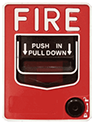 Fire Alarm
Fire Alarm
Video MGMT System
Voice & Data Wiring
No time to read? Here’s a Quick Summary:
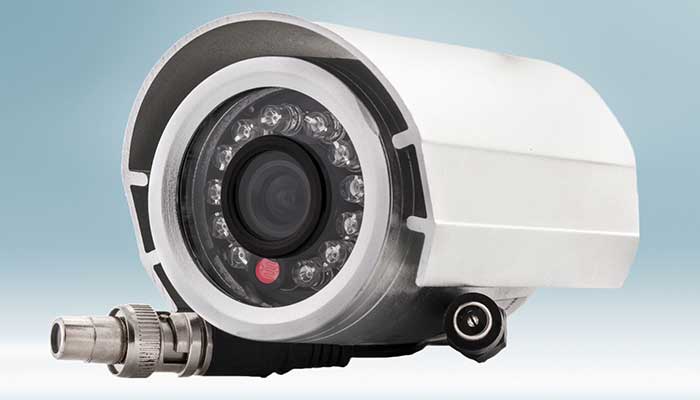
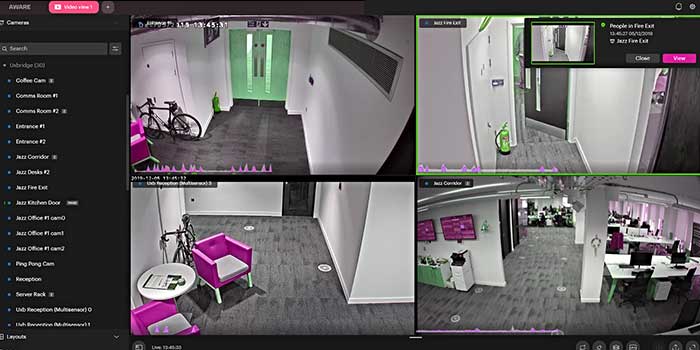
The federal United States Code (18 U.S.C. § 2511) requires one-party consent for telephone and in-person audio recording, which means that according to federal law, at least, you can secretly record a phone call or in-person conversation as long as you are a party to the conversation.
If you aren’t a party to the conversation, you can record if at least one conversation participant provides prior consent.
The federal government allows less leeway when security cameras are involved in capturing audio, especially when there’s “a reasonable expectation of privacy.”
When collecting audio with security cameras, the implied or expressed consent of all parties is usually necessary. Fortunately, obtaining implied consent is simple enough in most commercial and institutional settings: post signs prominently at entrances and exits to notify all who enter that the area is under audio surveillance.
When people choose to enter such areas despite the signage, consent to audio recording is implied.
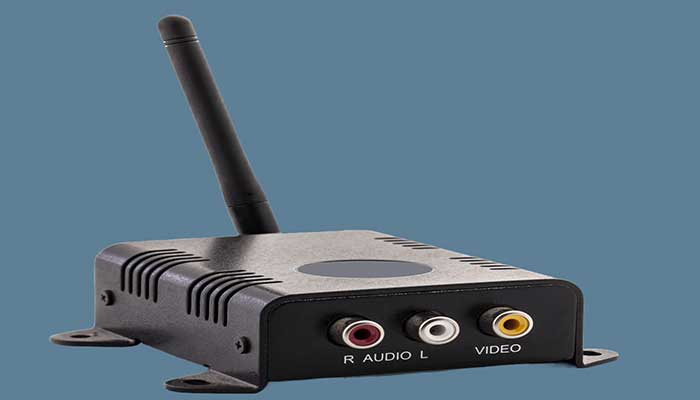
Each State in the U.S. has enacted its own audio-recording statutes based on federal laws and the Constitution. However, determining the applicable rules for recording audio in your jurisdiction can be challenging because of significant variations between state laws.
While the federal United States Code and 35 states generally require only one-party consent for recording telephone and in-person conversations, there are 15 other states that generally require consent from all participants before phone calls or oral communications can be recorded.
Complicating matters further, many states adjust their consent requirements depending on the circumstance.
For example, Connecticut is an all-party consent state for recording phone calls, whereas in-person conversations can be recorded with just one party's knowledge and consent—even if other in-person participants have a reasonable expectation of privacy.
Always comply with the strictest applicable regulations, federal laws, and state laws before recording audio. When in doubt, obtain consent from all parties or consult with a lawyer who's familiar with your jurisdiction.
When implementing audio surveillance in an area, post signs to inform people that voice recording is taking place. This ensures implied consent for audio recording.
Assure employees, customers, and guests that the audio security solutions you implement are designed to enhance their safety.
If you have doubts related to specific camera and voice recorder deployments, consult a legal expert in your jurisdiction to ensure compliance with all applicable laws and regulations.
Legal Disclaimer: The information provided on this website does not, and is not intended to, constitute legal advice; instead, all information, content, and materials available on this site are for general informational purposes only. Readers of this website should contact their attorney to obtain advice with respect to any particular legal matter.
We hope this blog post has been a helpful introduction to the topic of audio-recording laws and regulations. For a deeper dive into U.S. federal and state audio laws and relevant legal concepts, visit the Louroe Electronics page for “Facts About Audio and the Law.”
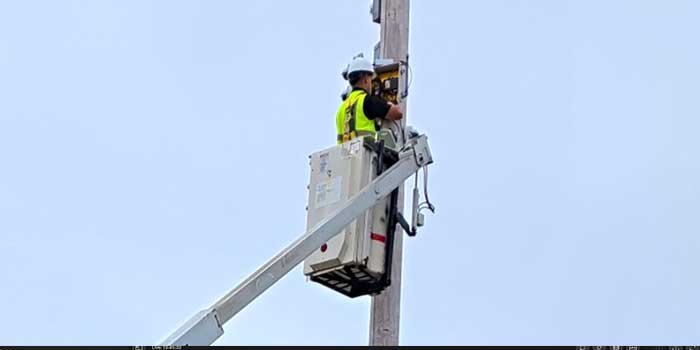
Our team at Mammoth Security understands the ins and outs of commercial security. Not only do we help Connecticut businesses like yours to turbocharge their surveillance coverage every day, but we also help them to do it without violating the law.
Take us up on a free, zero-obligation site survey and consultation by filling out the simple blue form below. A friendly expert from our team will walk with you through your property, discuss your concerns, and begin the process of developing a regulation-compliant security plan that’s tailored to the unique needs of your business or institution.
NOT COMPLETELY SURE?
860-748-4292The federal law in the United States, specifically 18 U.S.C. § 2511, requires one-party consent for most audio surveillance. This means that, according to federal law at least, you can record a conversation or phone call if you are a party to the conversation or if at least one party to the conversation has provided consent for audio recording.
Thirty-five states and Washington, DC, require one-party consent for most audio surveillance deployments. In other words: if you’re a party to the conversation, you can record audio; if not, you need the consent of at least one conversation participant before recording.
States that generally require all-party consent include Connecticut, Massachusetts, Vermont, New Hampshire, Pennsylvania, Delaware, Maryland, Florida, Michigan, Illinois, Montana, Washington, Oregon, California, and Nevada.
While there are exceptions, hidden cameras are generally considered a violation of workplace privacy. Employers usually must disclose their video surveillance policy to employees, including the location of all security cameras. Further, many states have completely outlawed the use of hidden cameras for workplace surveillance.
The Supreme Court, as the highest court in the United States, has the authority to interpret both federal laws and state laws. Their rulings set precedents that can affect how laws related to audio recording are interpreted and enforced by states across the country. For example, rulings from the Court may determine what constitutes a reasonable expectation of privacy under the United States Code or clarify the requirements for obtaining consent to start recording.
Implied or expressed consent of all parties is usually necessary when using security cameras to record audio in areas where there may be a reasonable expectation of privacy. In public spaces, businesses are advised to post signs at entrances and exits to inform everyone that sound recording is taking place. Proper signage removes the possibility of a reasonable expectation of privacy. By choosing to enter such areas, individuals grant implied consent.
As long as only video (with no audio) is being captured, signage is generally unnecessary. However, it may still be beneficial to include signage to cover all legal bases and to deter potential bad actors. While requirements for notification and consent may vary depending on local laws, it's considered a best practice for businesses to provide customers with notice of video surveillance.